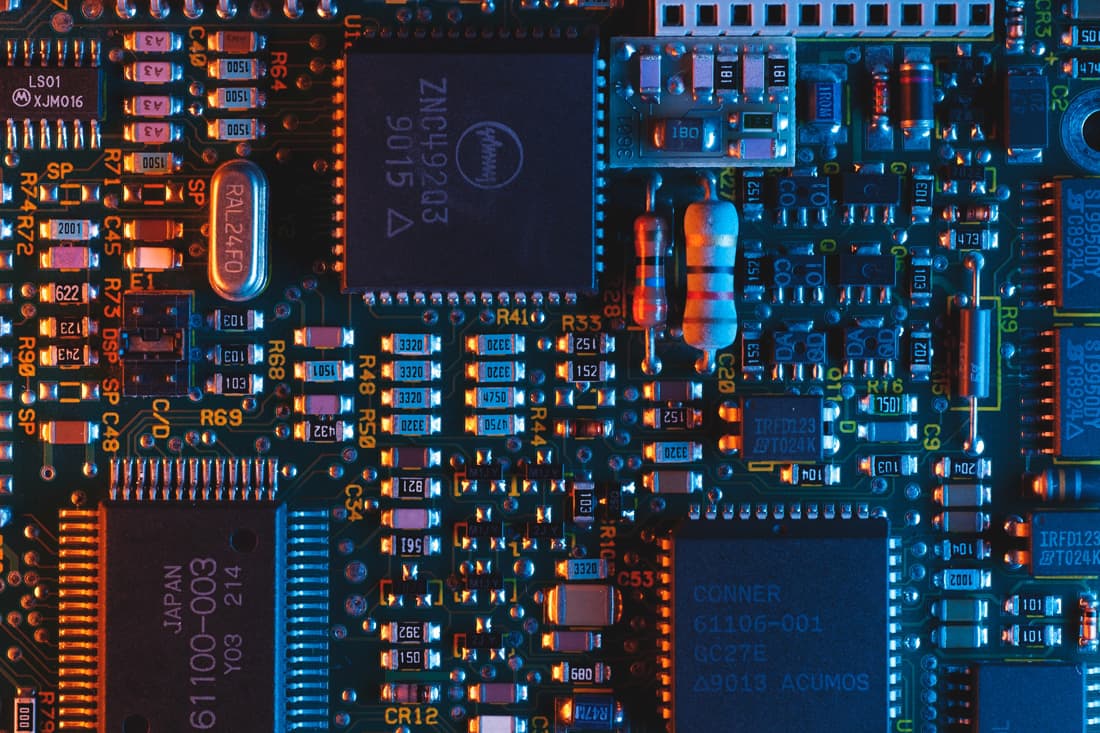The global chip shortage has been no less than a horror story for most manufacturers worldwide. A chip, or a semi-conductor, can be seen as the soul of an electronic gadget or a car. Without it, many industries are suffering. To cover up for the component shortage, they are either compromising on product features or jacking up their prices. Mass manufacturing of the chips is not possible either since the process is very tedious and expensive.
Here are the industries that have suffered the most:
Car Manufacturers
Car manufacturers have borne the brunt of the chip shortage. Many manufacturers claim that they are compromising on many sought-after features in their cars. Like Mercedes-Benz, some have assured their buyers that they will retrofit the cars with the features when the chips are more readily available.
Other car manufacturers affected include Cadillac, who had made their SuperCruise feature unavailable till the chip shortage was sorted out. Others include Mazda, General Motors who own Chevrolet, Mitsubishi, and BMW.
All car manufacturers have assured their buyers that they have not compromised on any safety features. So even though some of the more niche and cool features may be missing, all cars being manufactured are still as safe as they used to be.
Consumer Electronics
Consumer electronics manufacturers have now reached a panic stage since one of the main components of their gadgets is no longer readily available. The chip shortage is said to last till at least 2023. Therefore, the companies are getting their heads together to solve this problem.
For example, Samsung is planning to spend hundreds of billions of dollars over the next few years to increase fab capacity so that the demand for semi-conductors in the market can be met again. Samsung and other American-based companies are also looking into international collaborations to overcome this shortage. The government is now getting involved and providing tax breaks and incentives to companies in the chip business.
Consumer electronics manufacturers are now also tactful with their marketing and predictive strategies to source components better and figure out when they can breathe a sigh of relief again.
Appliances
All your appliances, including your fridge, microwave, and washing machines, require chips to function now. These don’t just include the automatic, Wi-Fi enabled ones; even older models of our appliances need semi-conductors to function.
Naturally, their manufacturers are now trying to overcome the shortage to meet demands to the best of their ability.
The appliance industry has not suffered as much as the Auto industry and consumer electronics because the chips they require are usually not very cutting-edge. Basic micro-controllers do the job just fine, and if they can source those, their business will not suffer as much.
Solar and Turbine Manufacturers
Renewable energy plants and sources also require semi-conductors to work. The industry is still in its growing stages, and they are coming up with new and innovative ways to use microchips to increase efficiency and improve their products.
The chip shortage has caused a blow to this industry by hampering its growth. Now, more than ever, renewable energy sources are necessary and becoming unaffordable for a vast majority will have dire consequences in the future for the industry.
What Caused the Chip Shortage?
The chip shortage is an interesting phenomenon that no one saw coming. It happened when the pandemic struck, and entire countries were in lockdown. Since the world as we knew went digital within days, the demand for electronics and supplies with microchips increased immensely.
Businesses started buying laptops in bulk, and every kid needed a smartphone or a tablet for online classes. The demand for semi-conductors has only increased since 2020, and now manufacturers are in a state of panic trying to overcome this shortage with different strategies.
There have been other reasons for the chip shortage. For example, the drought in Taiwan has created a water shortage in the area hampered chip production. Large quantities of water are required for chip production, and therefore the industry has suffered.
Much of this is unprecedented, and experts suggest that the demand and supply will likely not be restored before 2024. Till then, manufacturers need to find innovative solutions to make things better.
